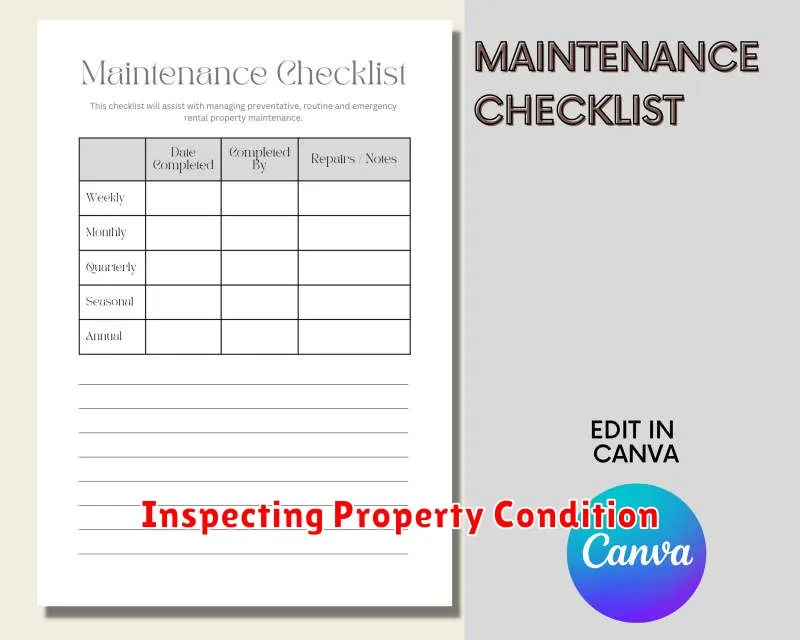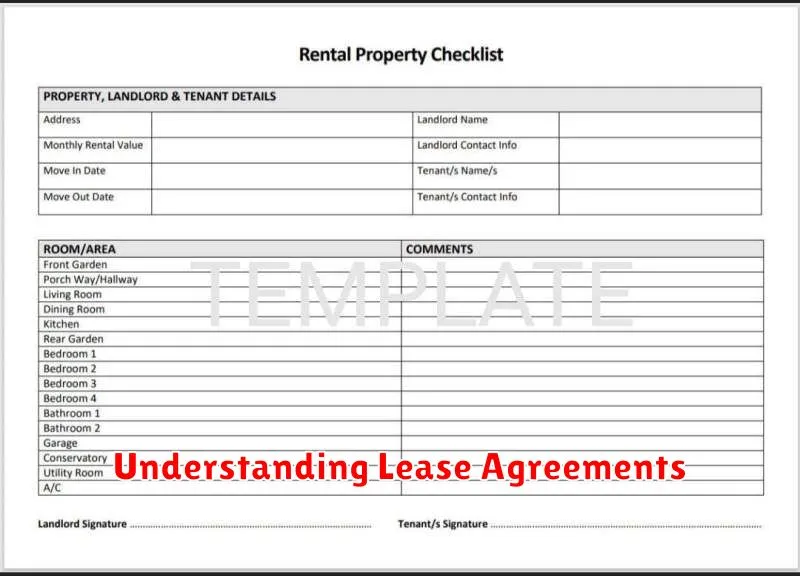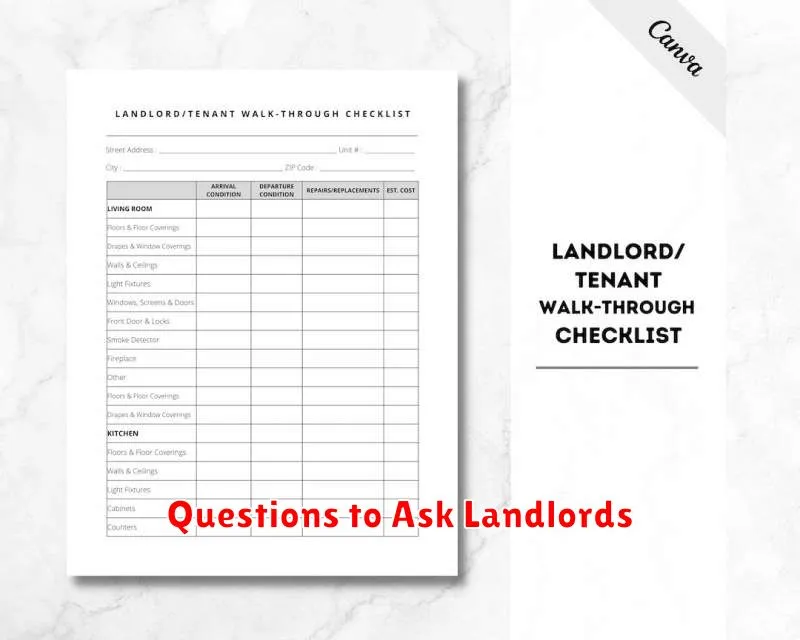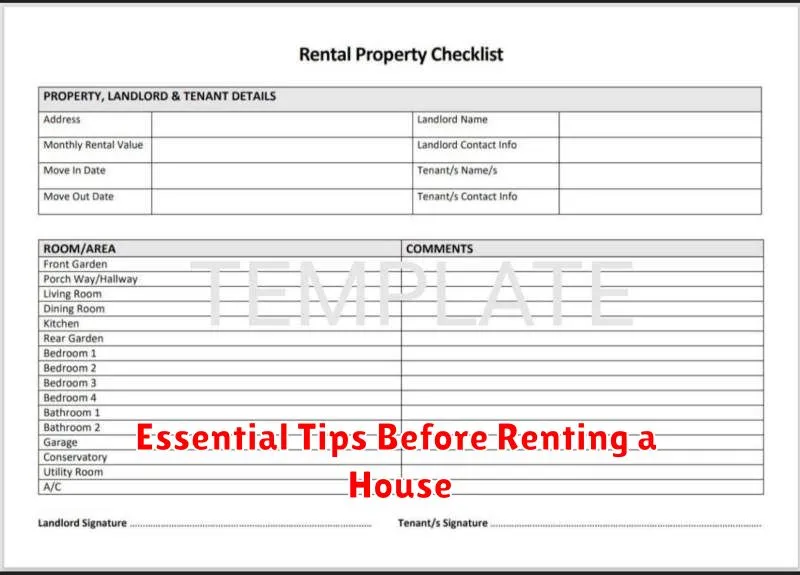Renting a house is a significant decision, requiring careful consideration and planning. Before embarking on your house-hunting journey, it’s essential to arm yourself with the right information. This article provides essential tips for prospective renters, covering everything from budget considerations and lease agreements to property inspections and neighborhood research. Understanding these key aspects will empower you to make informed decisions, avoid potential pitfalls, and secure the ideal rental property that meets your needs and lifestyle. Successfully navigating the rental market requires preparation, and these essential tips before renting a house will set you on the path to a positive rental experience.
From understanding your rental budget and securing renter’s insurance to thoroughly inspecting the property and negotiating lease terms, the process of renting a house can be complex. This guide breaks down the essential steps, offering practical advice and valuable insights to help you confidently approach this significant milestone. By following these essential tips before renting a house, you can minimize stress, avoid common mistakes, and ultimately find a rental property that truly feels like home. Whether you’re a first-time renter or a seasoned tenant, these guidelines will equip you with the knowledge you need to make a well-informed decision and enjoy a successful tenancy.
What to Check Before Renting
Before signing a lease, it’s crucial to thoroughly inspect the property and ask pertinent questions. This will help ensure the property meets your needs and avoid potential problems down the line.
Key areas to inspect:
- Plumbing: Check for leaks, water pressure, and proper drainage.
- Electrical Systems: Test outlets, switches, and lighting fixtures. Ensure adequate power for your appliances.
- Appliances: If included, verify they are functioning correctly (refrigerator, oven, dishwasher, etc.).
- Heating and Cooling: Test these systems to confirm they operate efficiently.
- Safety Features: Inspect smoke detectors, carbon monoxide detectors, and security measures (locks, windows).
Important questions to ask the landlord:
- What is the lease term and renewal policy?
- What are the terms for breaking the lease?
- What is the security deposit amount, and under what conditions will it be returned?
- Who is responsible for repairs and maintenance?
- Are pets allowed, and if so, are there any restrictions or fees?
Budgeting for Monthly Rent
One of the most critical aspects of renting a house is determining a realistic rent budget. Before you start searching for properties, carefully assess your financial situation.
A common rule of thumb is the 30% rule, which suggests allocating no more than 30% of your gross monthly income towards rent. However, this is a general guideline and your individual circumstances might dictate a lower percentage. Consider your other essential expenses, such as groceries, transportation, utilities, and debt payments. Creating a comprehensive monthly budget is highly recommended.
Accurately calculating your affordable rent will prevent financial strain and ensure you can comfortably meet your other financial obligations.
Inspecting Property Condition

Thoroughly inspecting the property’s condition is crucial before signing a lease. This helps avoid future disputes and ensures you’re aware of any existing issues.
Pay close attention to the following:
- Plumbing: Check for leaks, water pressure, and proper drainage in sinks, showers, and toilets.
- Electrical System: Test outlets, light switches, and ensure sufficient lighting throughout the property.
- HVAC: Inspect the heating and cooling systems to confirm they are functioning correctly.
- Appliances: If appliances are included, test them to ensure they are in working order. Note any defects or malfunctions.
- Walls and Ceilings: Look for cracks, water damage, or signs of pest infestation.
- Safety Devices: Verify that smoke detectors and carbon monoxide detectors are installed and operational.
Document any existing damage or concerns with photographs and written notes. Discuss these issues with the landlord and ensure they are addressed before moving in.
Understanding Lease Agreements

A lease agreement is a legally binding contract between a landlord and a tenant. It outlines the terms and conditions of renting a property. Before signing, it’s crucial to thoroughly understand its contents.
Key elements usually included are the lease term (duration of the rental), rent amount and payment schedule, security deposit details, responsibilities for maintenance and repairs, and any restrictions (e.g., pets, subletting).
Pay close attention to clauses regarding lease renewal or termination, and the consequences of breaching the agreement. It’s highly recommended to seek legal counsel if any part of the lease is unclear or raises concerns. A thorough understanding of your rights and obligations as a tenant is paramount before signing a lease agreement.
Questions to Ask Landlords

Asking the right questions can save you from future headaches. Thoroughly vetting a potential landlord and property is crucial. Here are some essential questions to consider:
Lease Terms and Payments
- What is the length of the lease?
- What is the monthly rent, and what does it include (utilities, parking, etc.)?
- What is the security deposit, and under what conditions is it returned?
- What is the late rent policy?
Property Details
- Are pets allowed, and if so, are there any restrictions or fees?
- What are the maintenance policies? How are repairs handled?
- Is renters insurance required?
- What are the rules regarding guests and overnight visitors?
Security Deposit Terms
A security deposit protects the landlord against potential damages or unpaid rent. Understanding the terms surrounding it is crucial.
Amount: Landlords typically ask for one or two months’ rent as a security deposit. Local laws may cap the amount a landlord can request. Ensure the amount is clearly stated in the lease agreement.
Deductions: The landlord can deduct from the security deposit to cover damages beyond normal wear and tear, unpaid rent, or other breaches of the lease agreement. A landlord should provide an itemized list of deductions.
Return: Your landlord is legally obligated to return your security deposit within a specified timeframe after you vacate the property, provided the terms of the lease were met. This timeframe varies by state. If deductions are made, the landlord should provide a written explanation.

